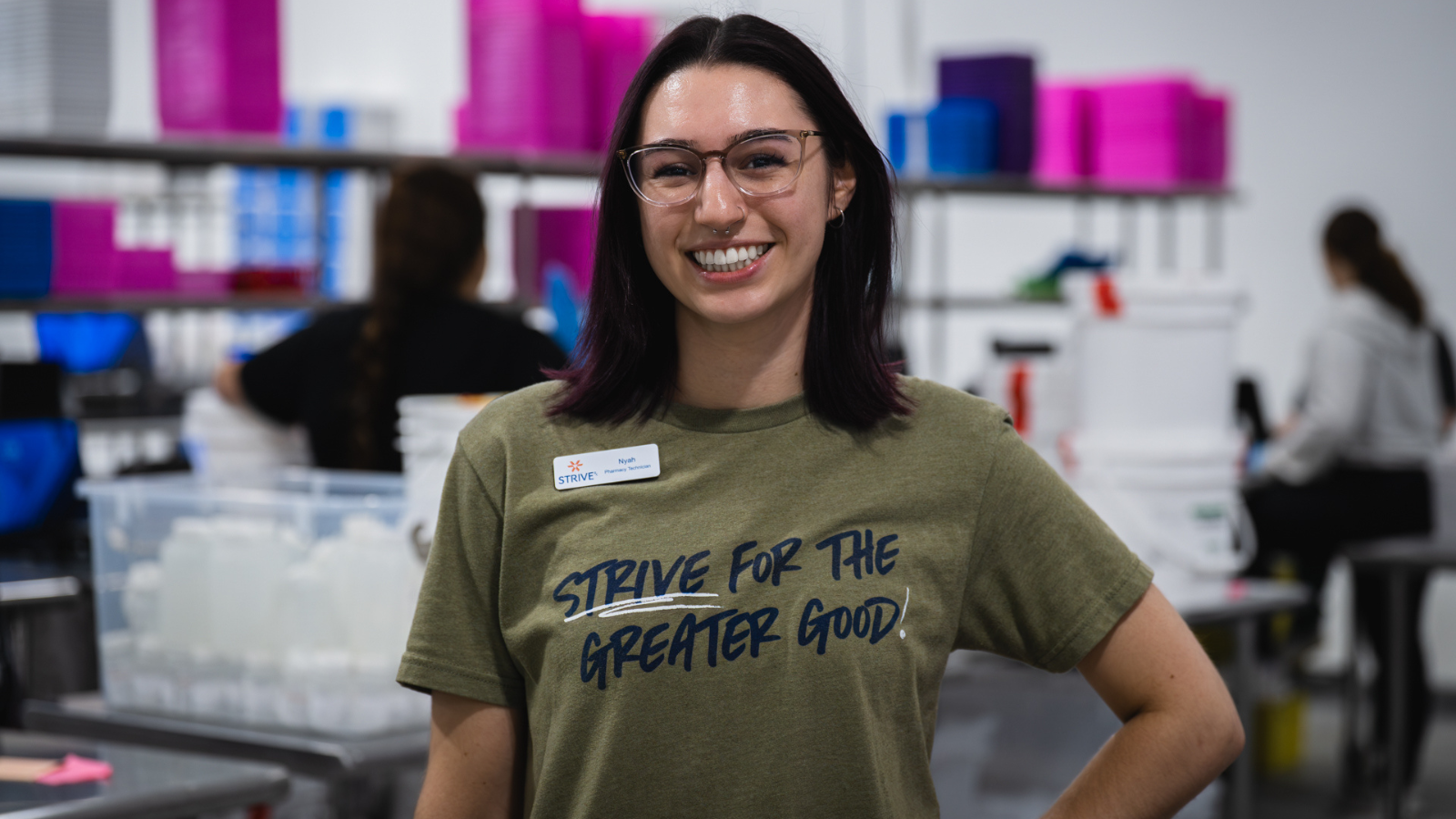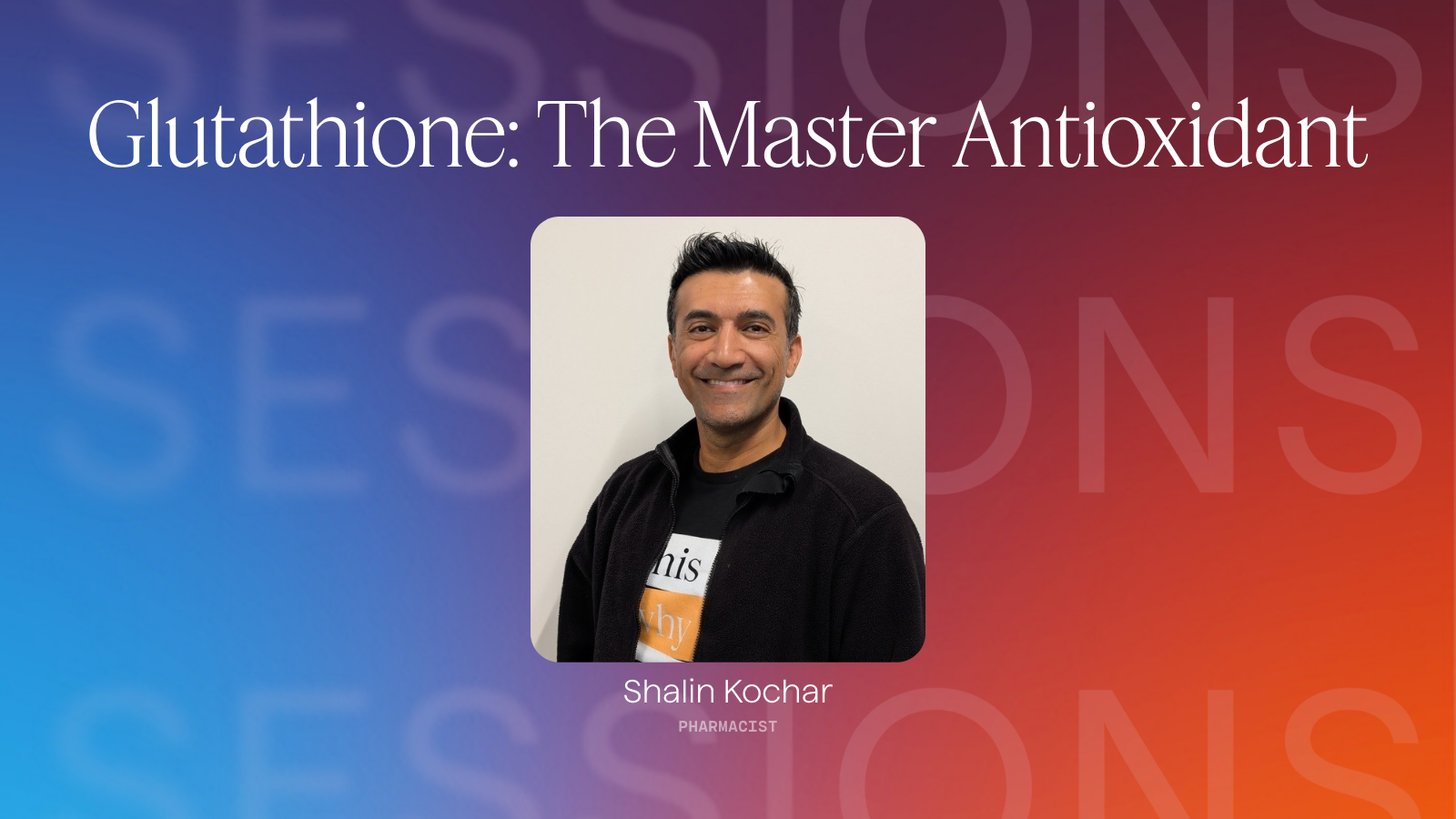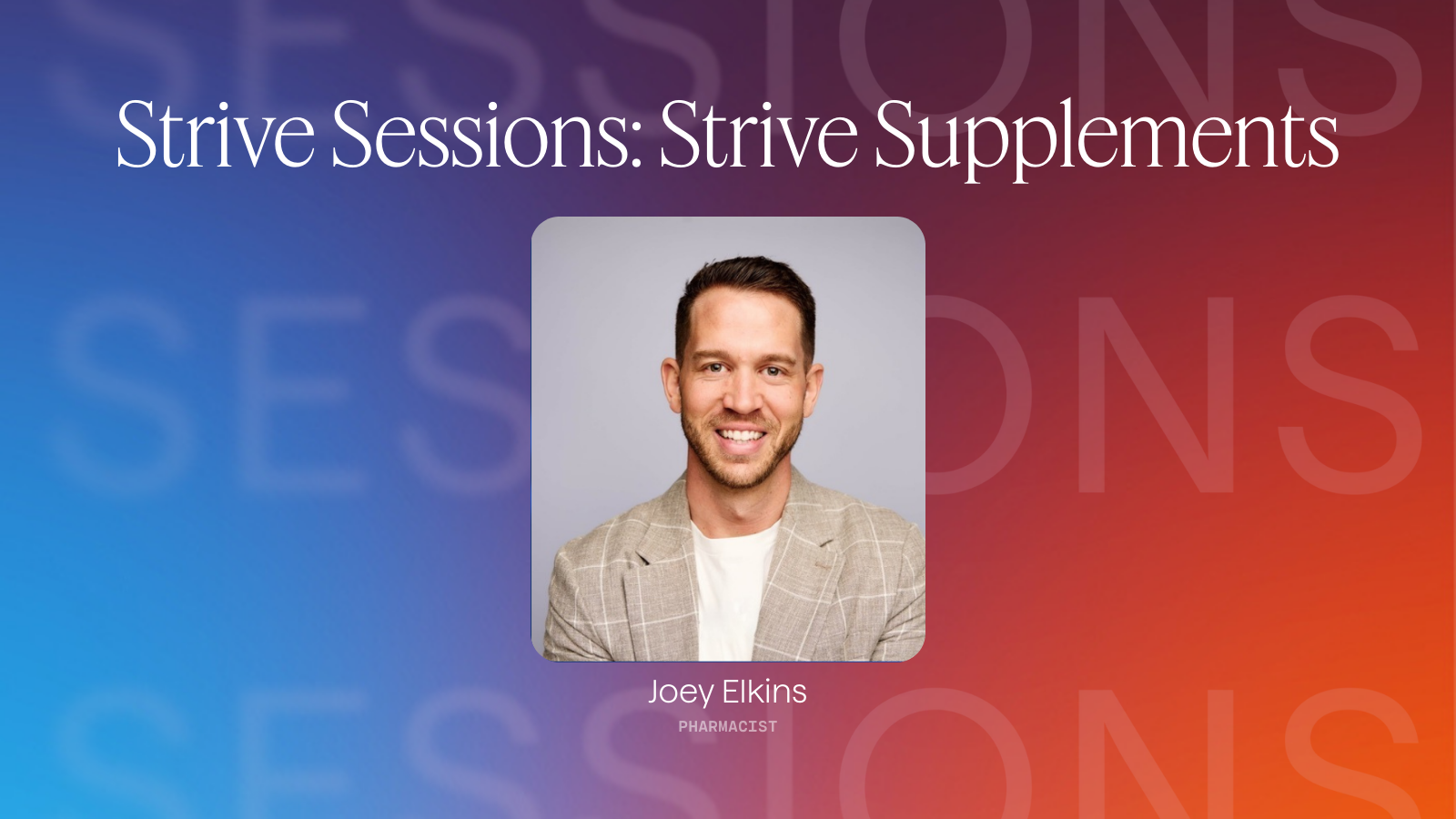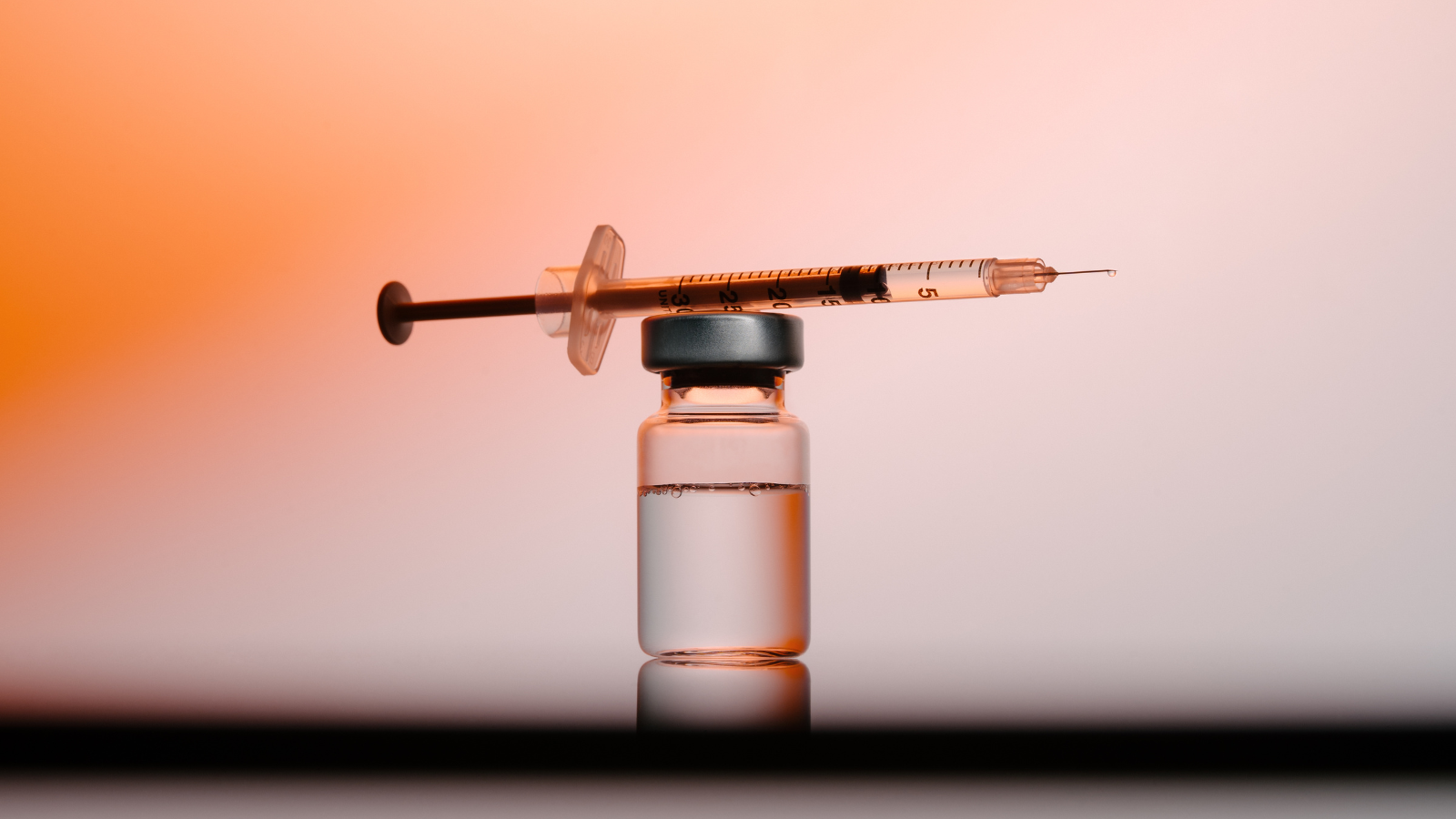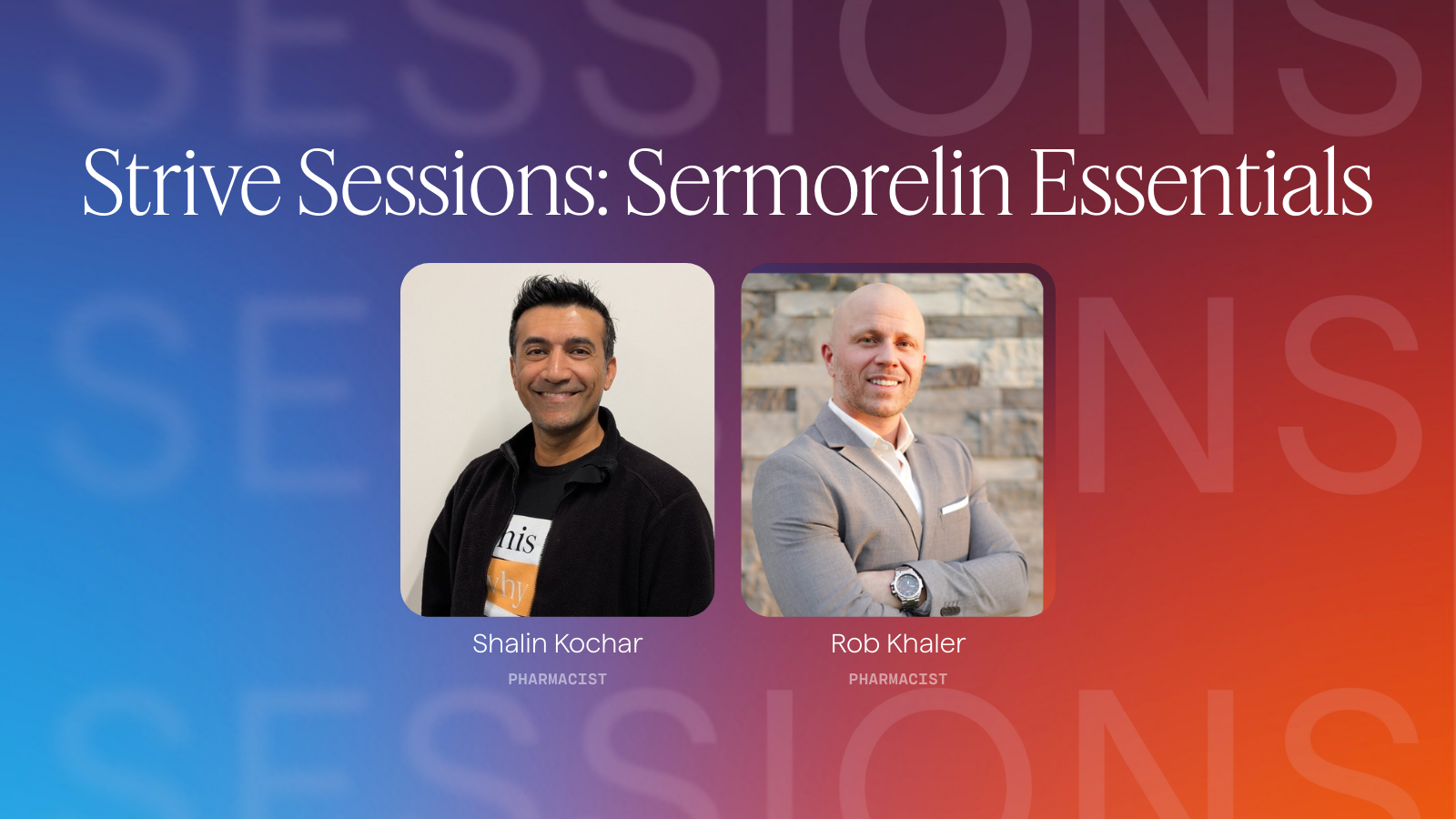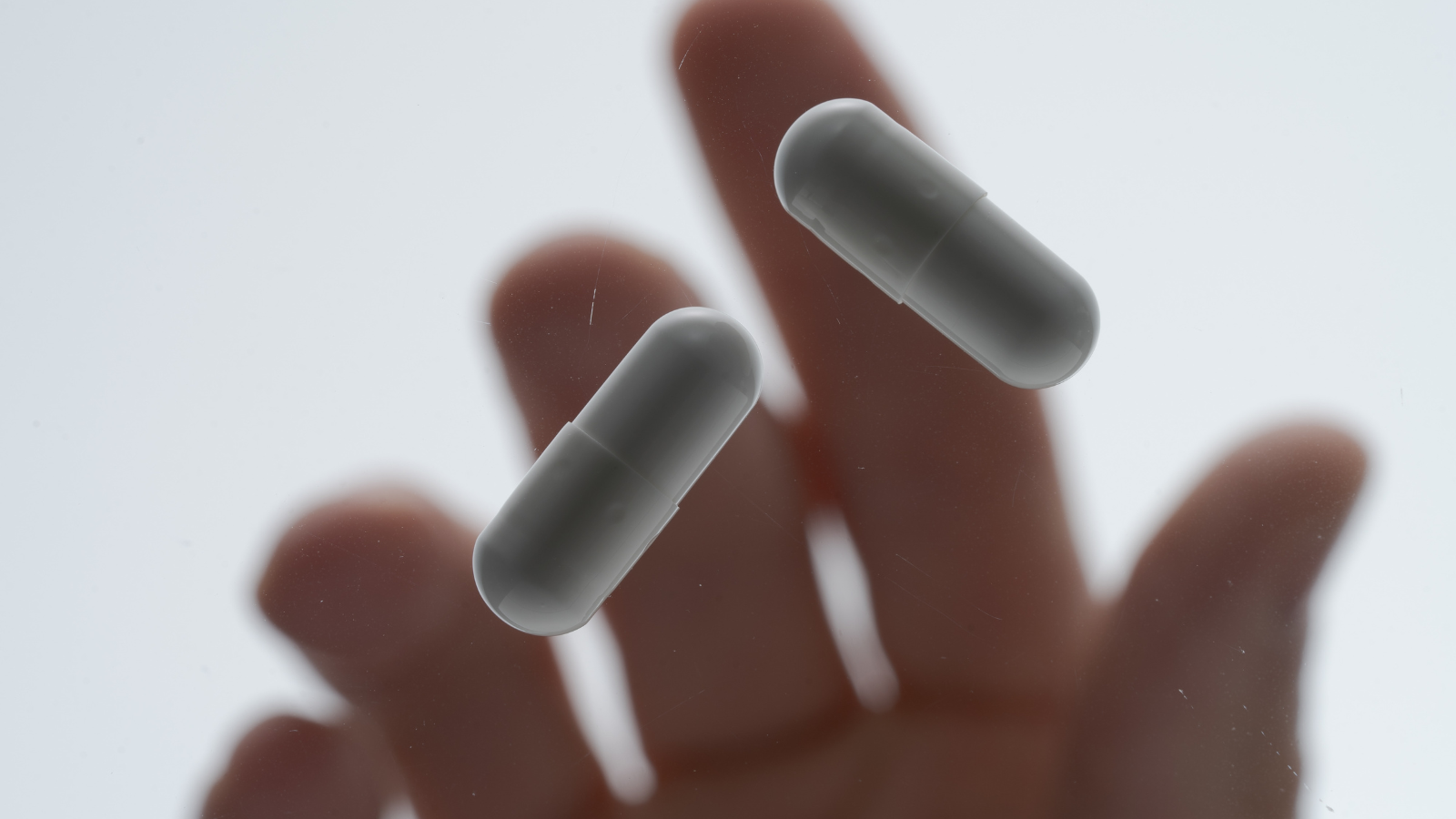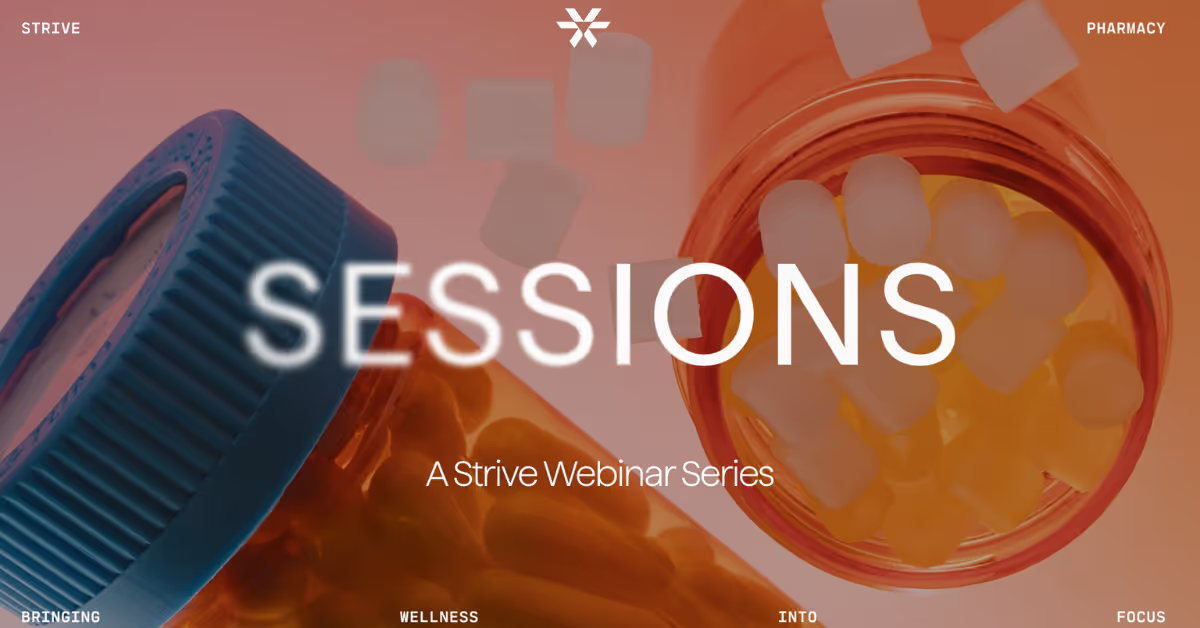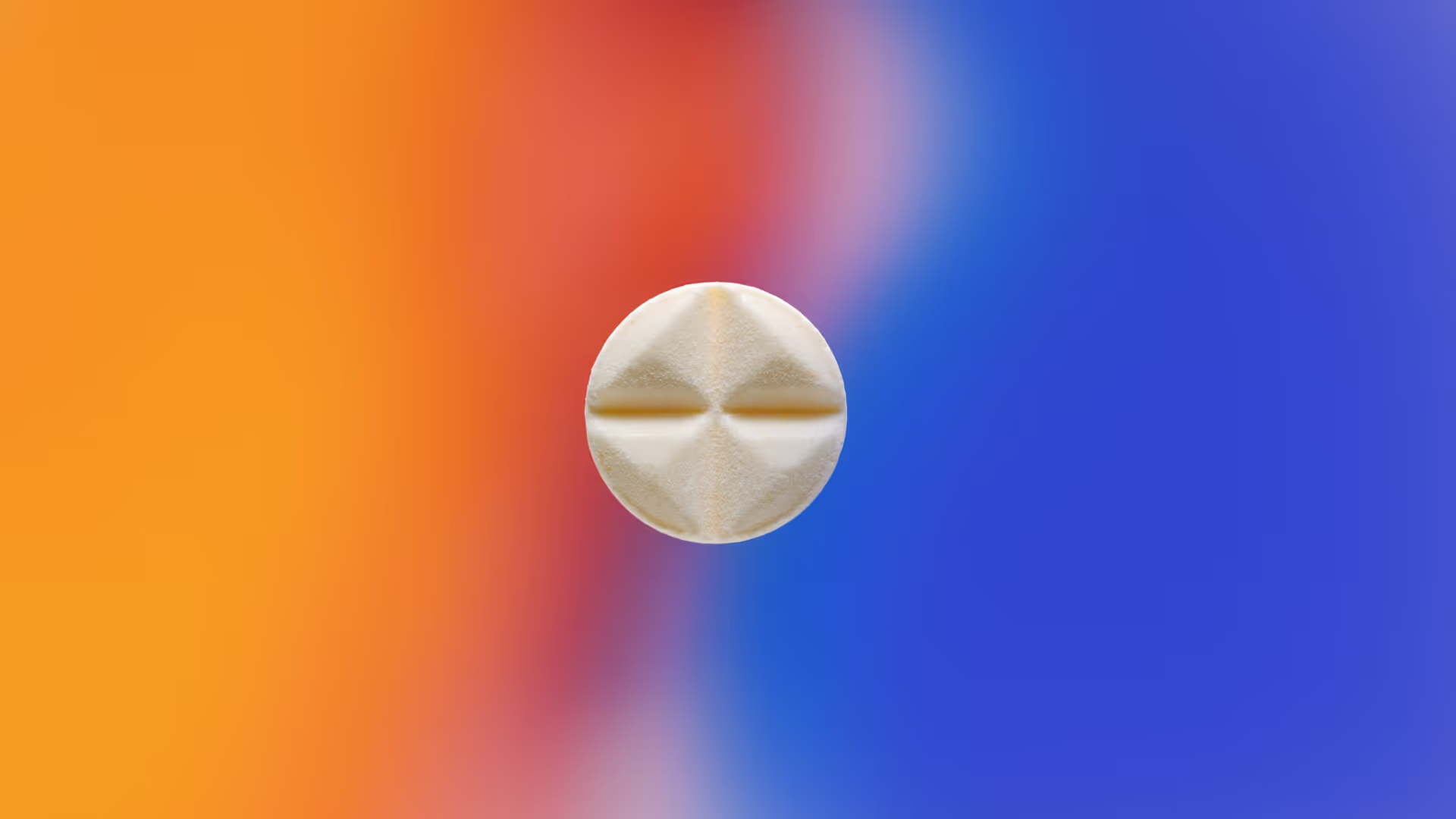When it comes to managing autoimmune diseases, Hashimoto's thyroiditis often feels like a life sentence of fatigue, weight fluctuations, and mental fog. But what if there were a way to flip the script? Enter Low-Dose Naltrexone (LDN)—a potential game-changer for autoimmune conditions like Hashimoto's.
The Hashimoto's Challenge: Beyond Thyroid Hormones
Hashimoto's thyroiditis is an autoimmune condition where the immune system mistakenly attacks the thyroid gland, leading to hypothyroidism. While conventional medications focus on replacing thyroid hormones, they often overlook the autoimmune aspect of the disease. This is where many patients find themselves asking: is there a better way?
For those living with Hashimoto's, the symptoms aren't just about a sluggish thyroid. They're battling systemic inflammation, immune dysregulation, and a laundry list of side effects from standard medications. It's a classic case of addressing the symptoms, not the root cause—a healthcare narrative that needs to change.
Take, for example, the thyroid medications most commonly prescribed—levothyroxine or synthetic T4. While these medications are effective at replenishing thyroid hormones, they don't address why the thyroid was under attack in the first place. Patients may still feel exhausted, depressed, or mentally foggy, despite their labs reading "normal." This disconnect between lab results and lived experiences drives countless Hashimoto's patients to seek better answers.
Strive Forward with LDN: An Innovative Approach to Autoimmune Disease Management
Low-dose naltrexone (LDN) is not a new medicine, but its potential in autoimmune conditions is gaining well-deserved attention. Originally used to treat opioid addiction in higher doses, LDN at low doses (typically 1.5 to 4.5 mg) is making waves in fields like rheumatology and endocrinology.
Here's why: LDN works by modulating the immune system rather than suppressing it. It temporarily blocks opioid receptors, causing the body to increase production of endorphins and enkephalins—natural chemicals that reduce pain and inflammation while boosting immune regulation. The result? A potentially calmer, more balanced immune response.
This mechanism is especially valuable in autoimmune conditions like Hashimoto's, where the immune system is stuck in overdrive. Instead of putting the brakes on the entire system (as immunosuppressants do), LDN helps to fine-tune the body's response. It's like giving the immune system a much-needed recalibration.
The Link Between LDN and Better Outcomes for Hashimoto's
While research is still emerging, early studies and clinical reports suggest that LDN could play a pivotal role in managing Hashimoto's thyroiditis. Here's how:
The Role of Compounding in LDN Therapy
If you're considering LDN, you might wonder why and how compounding pharmacies come into play. The short answer? Customization.
LDN isn't commercially available in the low doses needed for autoimmune therapy. Compounding pharmacies tailor the medication to the precise dosage required, ensuring optimal dosing that is customized to individual patient needs. Plus, with compounded LDN, you can choose your preferred delivery method—whether it's flex-dose tablets, capsules, liquid, or even sublingual drops. It's a level of personalization that Big Pharma just can't compete with.
Additionally, compounded LDN provides flexibility in formulations to accommodate sensitivities to fillers or dyes that may be found in standard medications. This extra layer of customization ensures that even patients with complex health profiles can benefit from LDN.
Looking for a trusted partner to prescribe Strive Pharmacy's compounded medications? Use our Provider Lookup Tool to connect with a Doctor, Clinic, or Medical Provider in your area and start enhancing your health with personalized care.
Why Aren't More Doctors Prescribing LDN?
Despite its potential, LDN remains underutilized in mainstream medicine. Here's why:
What Patients Say: Real-Life Impact
For many Hashimoto's patients, LDN has been a revelation. Here are a few common themes from patient testimonials:
"In some ways LDN has saved my life." - Youtuber Rachel Elizabeth opens up about her six-month journey with LDN, sharing the real-life impact it's had on her health.
"LDN or Low-Dose Naltraxone is honestly a pretty miraculous medication in a lot of ways…it's freaking impact is incredible." - McCall McPherson, founder of Modern Thyroid Clinic, explains why LDN is an amazing option for those with Hashimoto's and Graves', with the potential to lower antibodies and support remission.
"Julie feels her improvements from LDN are fantastic - from being sad, debilitated, and tired, to loving life and cheerful. Over the last 18 months she has gotten about 50% of her life back, and knows she'll continue to get better. She feels she started at a quality of life of about 2 on a 10 point scale, and currently is about 7." - LDN Research Trust
These stories illustrate a critical point: LDN is about giving patients their lives back, not just managing lab results. This is what personalized medicine is all about.
Finding Balance: A Holistic Approach with LDN for Hashimoto's
While LDN is promising, it's not a standalone solution. Managing Hashimoto's requires a multi-faceted approach:
This combination of personalized medicine and lifestyle interventions is the key to unlocking long-term health.
Flexible Dosing: A Key Advantage of Compounded LDN
One of the standout benefits of compounded LDN is the availability of flex-dose tablets, designed for precision and customization. Flex-dose tablets, available in 1.5 mg, 3 mg, 4.5 mg, and 8 mg options, enable patients to titrate their dosage per their provider’s instructions—adjusting it gradually up or down—until the optimal dose is achieved. This flexibility is especially valuable for those starting their LDN journey or fine-tuning their dosage to maximize benefits while aiming to minimize side effects. By making titration simple and precise, compounded flex-dose LDN ensures personalized care for every patient's unique health needs.
Why Strive for Better?
At Strive, we believe medicine and wellness plans should be as unique as the people they serve. Hashimoto's patients deserve more than cookie-cutter solutions—they deserve tailored, rigorously tested, and adaptable care plans. LDN, compounded for both precision and flexibility, exemplifies this ethos.
Compounding transforms healthcare by tailoring medications to fit you, not the masses. It's about caring for people as whole individuals, considering every aspect of their health journey—from sensitivities to lifestyle. With advanced quality assurance measures and unparalleled customization, we're making better medicine a standard, not an exception.
Final Thoughts: Is LDN Right for You?
For those feeling stuck in the endless cycle of Hashimoto's care, LDN might offer the solution you need. It's tailored, affordable, and increasingly accessible through compounding pharmacies like Strive. But, as with any medication regimen, the key lies in personalization. Work with a provider who understands the nuances of autoimmune care and can help tailor your approach.
The future of Hashimoto's care isn't about settling for the status quo—it's about striving for more. With tools like LDN and the power of personalized medicine, a new normal isn't just possible—it's within reach.
Ready to flip the script? Let's strive for a healthcare future that's personal, adaptable, and relentlessly human. Because when it comes to your health, you should never have to settle.
Disclaimer: The information provided in this blog article is for informational and educational purposes only and is not intended as a substitute for professional medical advice, diagnosis, or treatment. Always seek the advice of your physician or other qualified health provider with any questions you may have regarding a medical condition. Never disregard professional medical advice or delay seeking it because of something you have seen or heard in this video/webinar. The creators and presenters of this content disclaim any liability for decisions made based on the information presented.
This information is not intended to be used as medical advice. Consult your healthcare provider before starting any over-the-counter (OTC) products or prescription medications. Certain medications may interact with your current prescription medications, medical conditions, or other supplements. Your healthcare provider can provide guidance tailored to your specific health needs. The potential benefits highlighted in this blog article apply to the specific ingredients, and may not necessarily apply to a combination of those ingredients. These statements have not been evaluated or approved by the FDA. Please see the cited references for more information regarding the content presented in this blog article.
Disclaimer: The information provided in this blog article is for informational and educational purposes only and is not intended as a substitute for professional medical advice, diagnosis, or treatment. Always seek the advice of your physician or other qualified health provider with any questions you may have regarding a medical condition. Never disregard professional medical advice or delay seeking it because of something you have seen or heard in this video/webinar. The creators and presenters of this content disclaim any liability for decisions made based on the information presented.
This information is not intended to be used as medical advice. Consult your healthcare provider before starting any over-the-counter (OTC) products or prescription medications. Certain medications may interact with your current prescription medications, medical conditions, or other supplements. Your healthcare provider can provide guidance tailored to your specific health needs. The potential benefits highlighted in this blog article apply to the specific ingredients, and may not necessarily apply to a combination of those ingredients. These statements have not been evaluated or approved by the FDA. Please see the cited references for more information regarding the content presented in this blog article.


